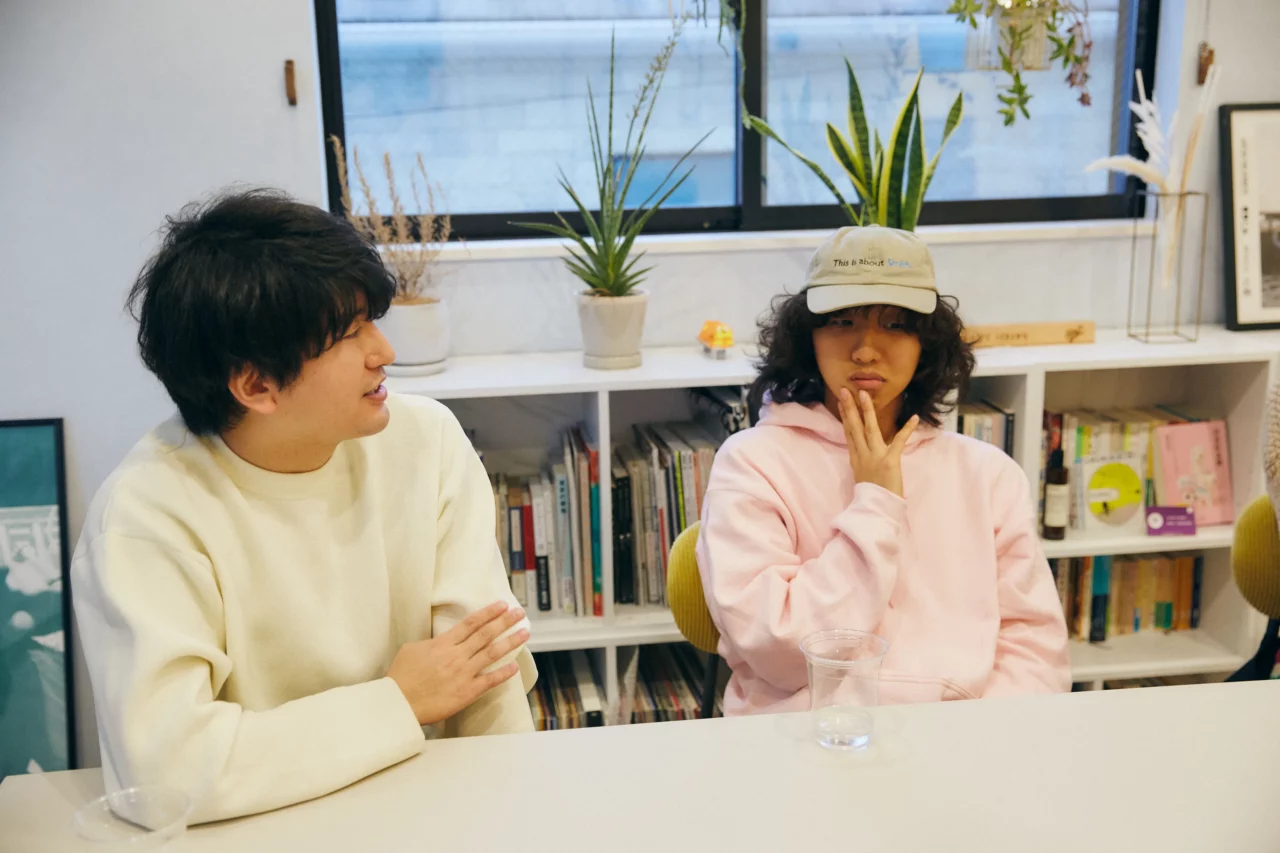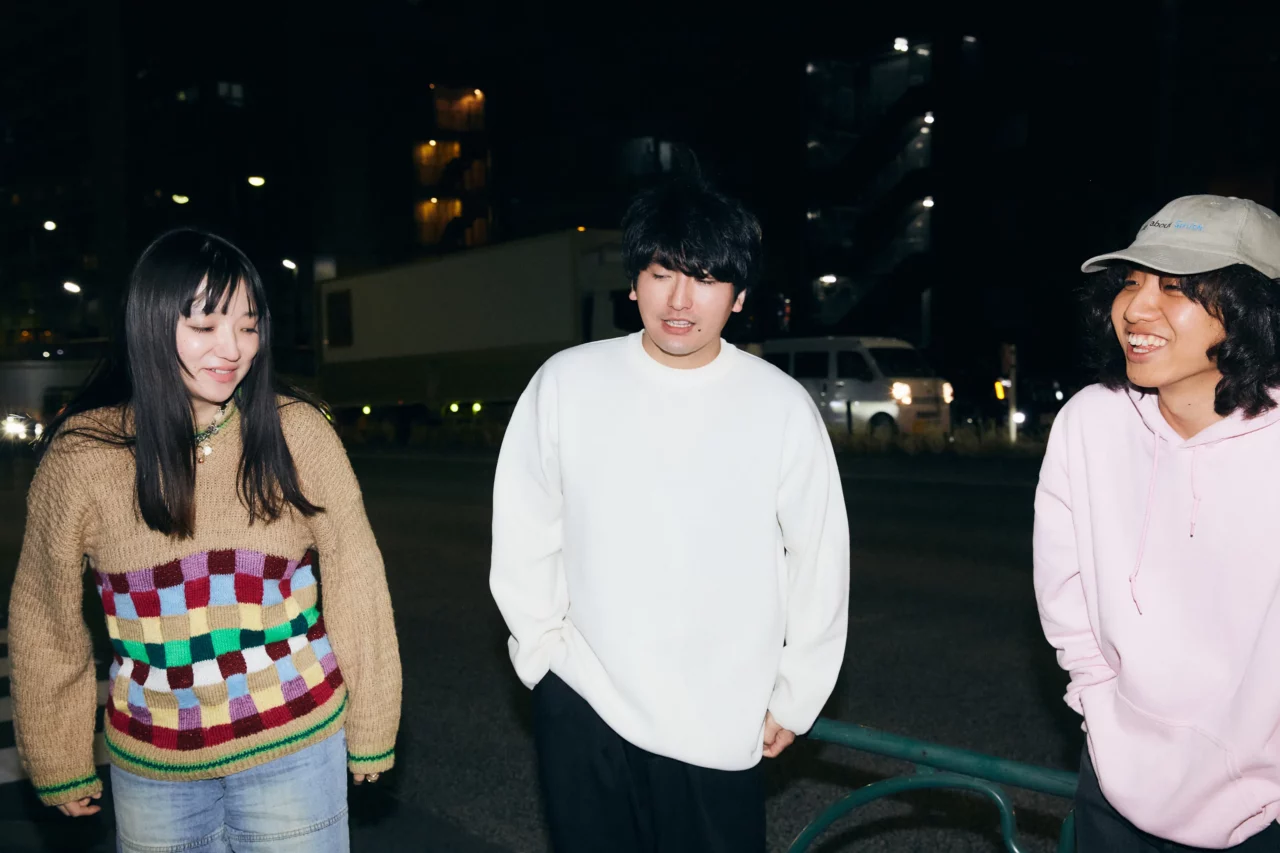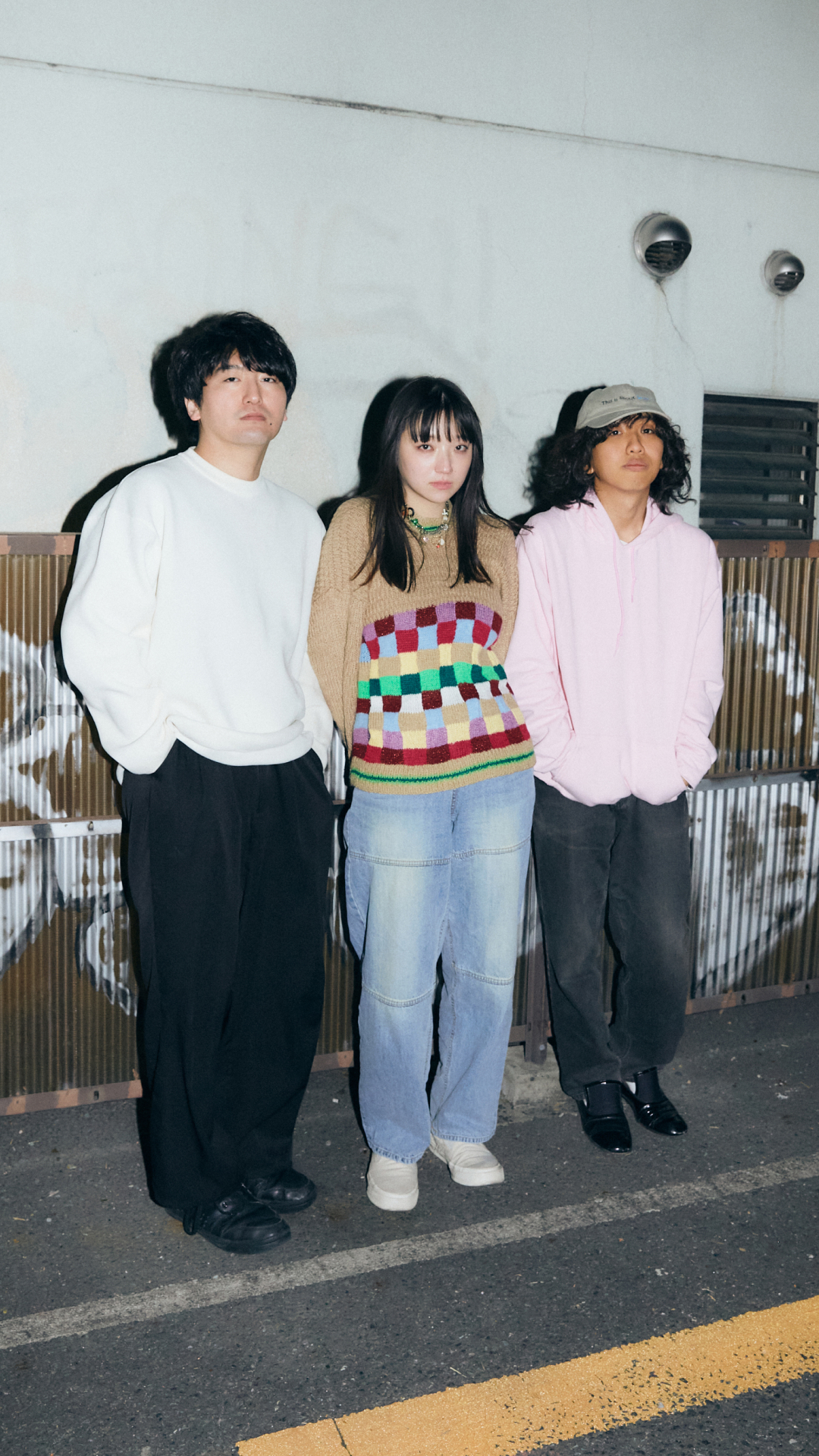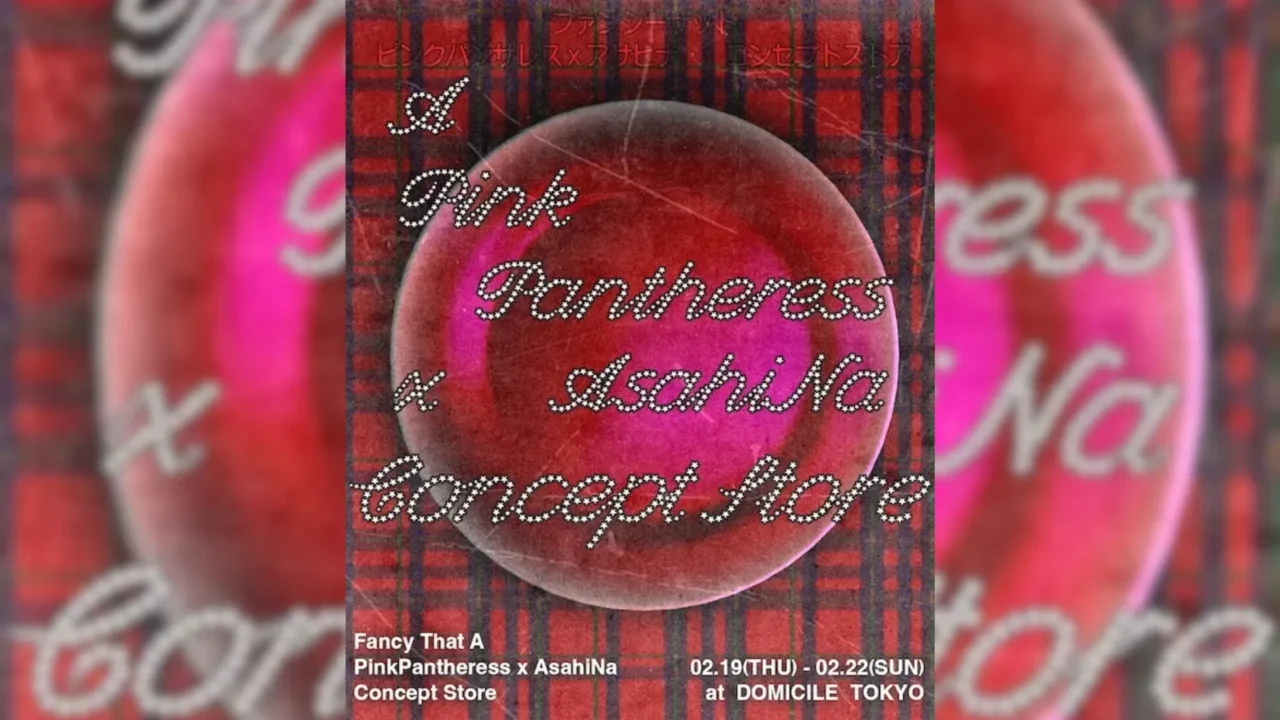INDEX
Finding Hope After Letting Go
Why do you pursue positivity within resignation rather than pure optimism or simple surrender?
Suzuki: I see pop music as something that inherently conveys positivity. But there’s a difference between first-layer positivity—where things are simply uplifting—and second-layer positivity, which emerges after experiencing hardships and still choosing to say, “even so…” The latter feels more real to me. The world, human relationships, even our inner selves—they’re not that pure and transparent. I can’t lie to myself, so this kind of expression is what naturally comes out.
That’s why I didn’t want this album to be just pretty words. I wanted to write about the harsh realities too—about how cruel people can be to one another.
Isomoto, you were nodding a lot while listening to that just now.
Isomoto (Dr.): Yeah, because I completely agree with this perspective on life. If I ask myself, “How many things or people in this world can I wholeheartedly call good?”—the answer is none. But at the same time, that doesn’t mean everything is just painful or sad either. The truth is, simple and straightforward things are surprisingly rare. When I look around, everything holds both positives and negatives. Everything has two sides. And I think that’s something we’ve been expressing in our music—not just in this album, but all along.

Isomoto: I feel like this is also a very Japanese way of thinking. It’s hard for us to simply say, “I think it’s good, so it is.” Instead, we’re always aware that “I feel this way, but others might see it differently.” We constantly exist within that kind of relational awareness.
Inoue, what are your thoughts after hearing what they just said?
Inoue: What came to mind was, “When did Jin-kun start really pursuing realism?” With our first album, ‘farewell your town,’ the theme was a fictional town, and from there, I think we tried to depict something real about ourselves.
Thinking back, I feel like it was around 2022, during ‘Awesome.ep’ or ‘Works.ep,’ that he started focusing more on capturing reality. If I remember correctly, that was also when he started using the word “tainen” (resigned acceptance) a lot more.
What do you think was going through your mind when you started using the word “teinen” (resigned acceptance)” around that time?
Suzuki: Hmm… 2022, huh.
Isomoto: That wasn’t exactly a smooth period for the band, was it?
Suzuki: Yeah, that’s true. On one hand, we were getting recognition, but in reality, it wasn’t necessarily translating into financial stability. And in terms of personal relationships, I also experienced moments where I thought, “So this is how connections with people come to an end.” It was a time filled with all sorts of realizations.
Inoue: That was also when you started reading a lot more, right?
Suzuki: Yeah. And the books I tend to read aren’t exactly happy endings [laughs]. Like Naoya Shiga’s ‘At Kinosaki’—that’s basically the definition of teinen. I think I just kept immersing myself in works with that “Even so, you have to keep living” kind of tone.
Isomoto: It’s not about giving up on everything, but rather, accepting that some things can’t be changed and, from there, searching for what you still love, what you still find beautiful, and what still gives you hope.
Inoue: Isn’t that just what being an adult is? Maybe you finally grew up.
Suzuki: You might be right about that.


























